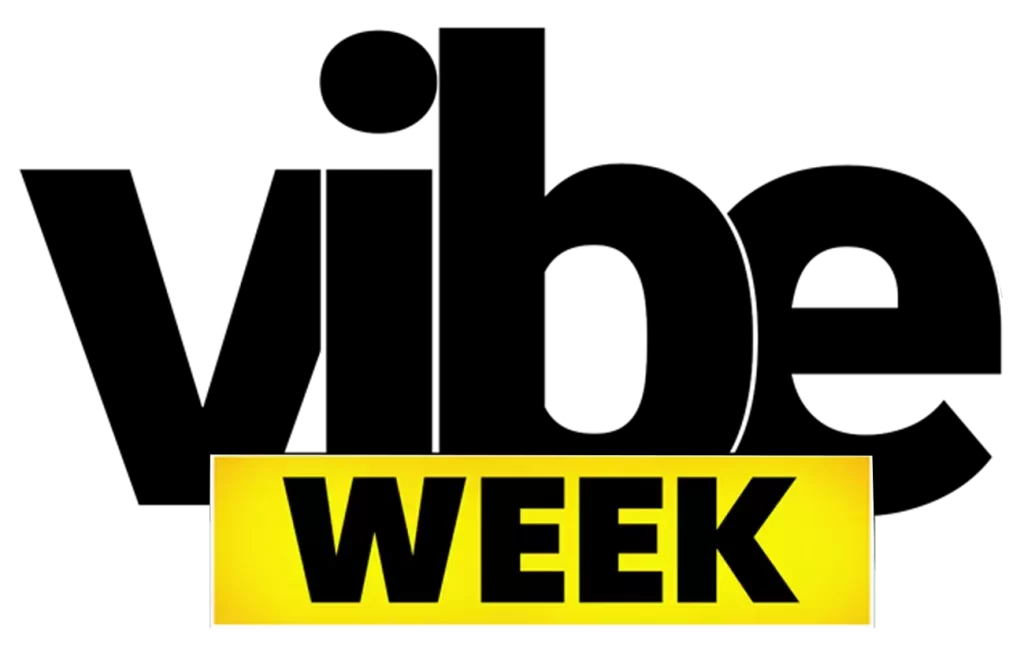Chinese authorities have clamped down on travel in the city of 11 million people at the epicenter of the deadly coronavirus outbreak that’s spread to five other nations.
The World Health Organization has postponed deciding whether to declare a global health emergency, to give its experts more time to gather information.
Meanwhile, state and local officials are preparing for more cases in the United States after a man in Washington state contracted the disease while visiting China.
As the death toll rises to at least 17 and nearly 500 people have been stricken by the virus, there are plenty of unknowns surrounding the severity, duration and transmission risks, as well as what effectively fights the disease. Here are four key things to know:
The virus isn’t ‘brand new’ – but the public health risk is a mystery
The Wuhan illness is part of a family known as coronaviruses. They often feel like a common cold or an upper respiratory tract infection, with fever, cough and runny nose.
More severe cases can turn into pneumonia or kidney failure, according to WHO.
But officials still don’t know how infectious this particular virus is. The Centers for Disease Control and Prevention last weekend developed a test that can quickly detect the bug. Agency officials told reporters Tuesday that they will soon share the test with state and local officials.
Major professional associations, like the American Medical Association and the American College of Emergency Physicians, are sending information so doctors and other health workers know how to respond.
Officials still don’t know how easy it is to catch the virus
Coronaviruses are common in animals, and sometimes they evolve and can infect humans, according to the CDC .
WHO officials have confirmed this strain can be spread from one person to another, but they don’t know contagious it is or how long the chain of infection can be.
They’re gathering more information from Chinese authorities and other governments in affected areas.
Hospitals are getting ready for new cases
Health workers are being told to be on the lookout for new cases and to ask patients whether they’ve traveled to China recently — or come into contact with someone who has.
Advisories are being sent through electronic medical records, internal hospital newsletters and daily huddles before shifts begin, according to Nancy Foster, the American Hospital Association’s vice president of quality and patient safety.
Providence St. Joseph Health saw the country’s first coronavirus patient in Washington state, and quickly turned on an electronic prompt for doctors and nurses to ask travel screening questions.
That system also reminds health workers of symptoms, including a cough and a fever over 101 — and instructs them to isolate patients and contact the local infection prevention department when one screens positive.
“At the moment, the travel history is a really good marker,” said Amy Compton-Phillips, the health system’s chief clinical officer.
“If we start seeing flu-like symptoms in populations of people who have been immunized, I think it’ll be a telling sign that things have gotten beyond those directly exposed.”
Widespread travel bans are unlikely
Chinese officials froze travel in the city of Wuhan, but U.S. and WHO officials have held back on similar moves for now — and don’t expect widespread restrictions.
It is very rare for WHO to issue travel warnings for a viral pandemic. The global health authority sounded the alarm for travel to Chinese cities and Toronto during the deadly 2003 SARS epidemic that killed 774 people and sickened more than 8,000 but refrained during more recent outbreaks of Ebola virus, Middle East Respiratory Syndrome or the Avian flu.
The WHO has to balance public health concerns against the harmful impact travel restrictions could have on affected countries that need a flow of goods and people to keep their economies running and fight a deadly outbreak.
“Travel bans are not justified from a public health perspective,” said WHO spokesperson Tarik Jašarević. “They will disrupt response and economies and will have a negative impact on response.”
But the CDC said this week that people traveling from the region could be asked health screening questions when they arrive in U.S. airports. Passengers’ temperatures can also be checked using thermal scanners.
More comprehensive screenings will be performed before sending a passenger to a hospital if it appears they may be infected, Howard Zucker, New York state’s health commissioner, said on a call with reporters.




